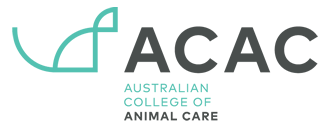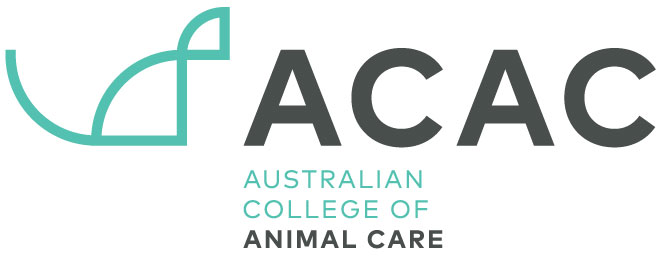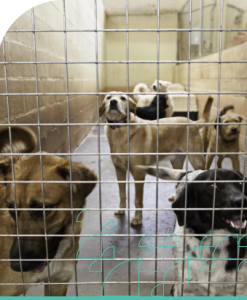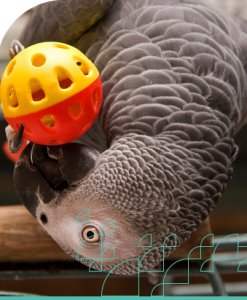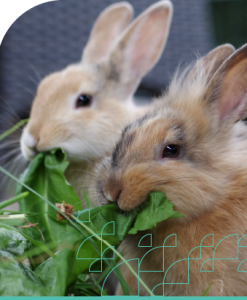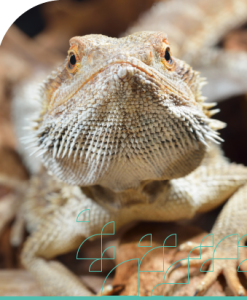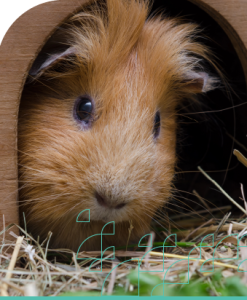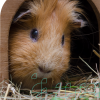ENROL NOW:
$329.95
SHARE WITH FRIENDS:
Animal Nutrition
Short Course
This comprehensive short course on pet nutrition and digestion is essential for both professionals in the animal care industry and pet owners interested in learning more about nutrition for their pets. It provides a deeper understanding of the digestive system, the processes of digestion and absorption, and the essential nutrients and energy requirements for various animals with a main focus on dogs and cats. Participants will learn to make informed decisions on pet food by examining labels, understanding the needs of different life stages and lifestyles, and choosing between commercial and homemade diets.
You’ll learn about a broad range of topics, from basic digestive anatomy to more complex issues like nutritional diseases and managing conditions through dietary adjustments. Specific discussions include the importance of energy management, the implications of obesity, and how to assess body condition scores. It also addresses the unique nutritional needs of diverse animals such as equines, rabbits, pocket pets, and birds.
Additionally, learn practical guidance on feeding schedules, safe food handling and storage, and techniques for stimulating appetite and managing food aversions. By the end of this course, participants will be equipped to effectively calculate energy requirements, monitor and record intake, and advise pet owners on optimal nutritional practices. This course is designed to elevate the standard of care provided to pets and improve their quality of life through better nutrition.
What topics are covered in this course?
- Anatomy of the Digestive System – Explore the structure and function of the digestive system to understand how animals process food.
- Digestion and Absorption – Delve into the biochemical processes of digestion and how nutrients are absorbed into the body.
- Essential Nutrients & Energy – Identify the essential nutrients required for animal health and their roles in providing energy.
- Energy – Examine how energy is derived from food and its importance in maintaining bodily functions.
- Life stages and Lifestyles – Learn about the varying nutritional needs at different life stages and lifestyles of animals.
- Commercial & Home Made Diets – Compare the benefits and drawbacks of commercial and homemade diets.
- Feeding Schedules – Understand the different feeding schedules and how to implement them effectively.
- Understanding Pet Food Labels – Gain skills to read and interpret pet food labels for better nutritional choices.
- Nutritional Diseases – Learn about diseases caused by nutritional deficiencies and excesses.
- Managing Diseases with Nutrition – Discover how to manage and alleviate disease symptoms through dietary adjustments.
- Obesity & Body Condition Scores – Learn to assess and manage body condition scores to prevent and treat obesity.
- Appetite Stimulation and Food Aversion – Explore methods to manage appetite issues, including stimulation and dealing with aversions.
- Monitoring & Recording Intakes – Understand the importance of monitoring food intakes and maintaining accurate feeding records.
- Safe Food Handling & Storage – Master the principles of safe food handling and storage to prevent spoilage and contamination.
- Basic Equine Nutrition & Other Large Animals – Cover nutritional fundamentals for equines and other large animals.
- Rabbits & Other Pocket Pets – Address the specific dietary needs and considerations for rabbits and other small pets.
- Avian Nutrition – Learn about the unique nutritional requirements and challenges of feeding birds.
Inclusions
Included in the course fees:
- 12 weeks of online access to complete your course.
- Extensions are available for when life gets busy.
- Access to Educators via phone, zoom & email. We’re here to help you!
- Printed Learner’s Guide and reading materials included
- Access to our Online Learning Centre for additional resources including videos, documents, interactive e-learning presentations and more
- Range of self-test activities to check your learning and receive feedback
- Certificate of Achievement upon passing
Important Notes:
- This short course is a non-accredited professional development course.
- Assessment of knowledge is conducted throughout your course.
- Learning materials are provided in English only.
FAQ
What is the format of the Short Course?
The course blends self-paced reading and recorded lectures with online MCQ-style assessments and short written tasks that help develop practical documents for clinical use.
What materials and resources are included in the course?
Participants receive a printed learner’s guide containing readings, notes, and instructions, along with online access to additional readings, useful resources, recorded lectures, and videos.
Is there a certificate awarded upon completion of the course?
Yes, all participants who complete the course and its activities receive a Certificate of Achievement and earn 5 CPD points.
How much time should participants expect to dedicate to this course weekly?
Participants should allocate approximately 5 hours per week to easily complete the course in the 3 month timeframe.
Are there any prerequisites required to enrol in this course?
No specific prerequisites are required, but the course assumes a knowledge level equivalent to that of someone who has been working with animals for at least 12 months.
What support is available to participants during the course?
Support is available via phone, email, and Zoom appointments with our Educators.
How are assessments conducted throughout the course?
Assessments include MCQ or drag-and-drop tasks that are auto-marked, with unlimited attempts allowed.
What are the technical requirements to participate in the online components of the course?
Participants need reliable internet access (such as NBN) and a computer. While mobile devices are supported, using a computer is recommended for easier access to reading and viewing online resources.
